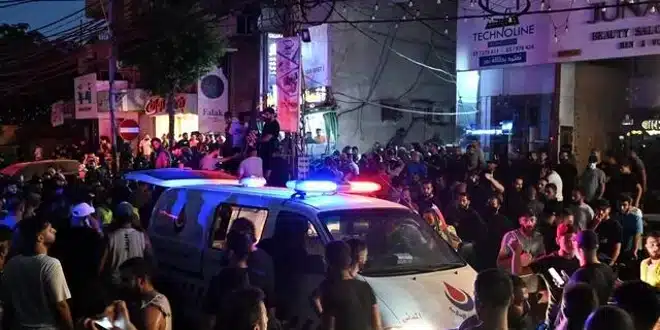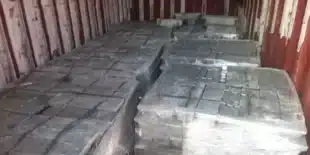On Tuesday, Israel conducted a rare airstrike on Beirut’s southern suburbs, killing at least three civilians, including two children and a woman, and injuring approximately 74 others. This action has intensified the ongoing tensions with Hezbollah.
According to the Israeli military, the strike targeted and killed Fouad Shukur, Hezbollah’s “most senior” military commander. Israel accuses Shukur of orchestrating a weekend rocket attack on a Druze village in the Israeli-controlled Golan Heights, which resulted in the deaths of 12 children and teens, as well as numerous other Israeli civilians.
Contrarily, a source close to Hezbollah and a senior Lebanese government official reported that Shukur survived the strike. Al-Arabiya’s Al-Hadath TV claimed Shukur was killed, with his body taken to Hezbollah’s Great Prophet Hospital, though other reports suggested he was severely injured.
Shukur, responsible for commanding military operations in southern Lebanon, succeeded top Hezbollah commander Imad Mughniyeh, who was killed in a 2008 car bombing in Damascus. The U.S. Treasury has placed a $5 million bounty on Shukur, describing him as a senior adviser to Hezbollah leader Sayyed Hassan Nasrallah and implicating him in the 1983 bombing of the U.S. Marine Corps barracks in Beirut.
Lebanon’s health ministry confirmed the deaths of a woman and two children and stated that 74 people were wounded, five critically. Israel attributes Saturday’s rocket attack in Majdal Shams to Hezbollah, despite the group’s denial. Israeli Defense Minister Yoav Gallant declared that “Hezbollah crossed a red line” on social media shortly after the strike.
For the past ten months, Israel and Hezbollah have exchanged almost daily strikes amid the Gaza conflict, but these actions had not previously escalated to full-scale war. The Israeli army stated that fighter jets carried out the latest attack, following initial reports of a drone strike.
The injured were transported to local hospitals, with Bahman Hospital issuing a call for blood donations. Hezbollah’s Al-Manar TV reported that 17 wounded were taken to Bahman Hospital, and 14 to Great Prophet Hospital.
Hezbollah official Ali Ammar condemned the strike on Al-Manar TV, calling it a grave error by Israel that would have repercussions. The office of Israeli Prime Minister Benjamin Netanyahu did not release an immediate statement, but a photo was sent out showing the prime minister with his national security advisor and other officials shortly after the strike.
The airstrike hit Haret Hreik, a densely populated urban neighborhood in Beirut, causing significant damage to several buildings. It remains unclear if any Hezbollah officials were among the casualties. A Lebanese military intelligence official, speaking anonymously, said they had no information about any senior Hezbollah security official escaping the strike.
The targeted strike collapsed half of an apartment building near a hospital, causing minor damages to the hospital and littering nearby streets with debris and broken glass. Emergency responders were seen assisting the injured.
A local resident described the aftermath, saying that dust from the explosion covered everything, breaking glass in nearby apartments, and prompting people to check on their families amidst the destruction. He spoke anonymously due to security concerns.
This airstrike is the first targeting Beirut’s southern suburbs since January, when an Israeli airstrike killed Hamas official Saleh Arouri. It marks a significant escalation, although diplomats had anticipated a measured Israeli response to the Majdal Shams strike that would avoid full-scale war.


